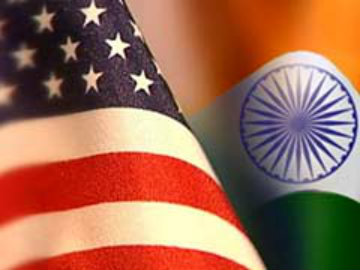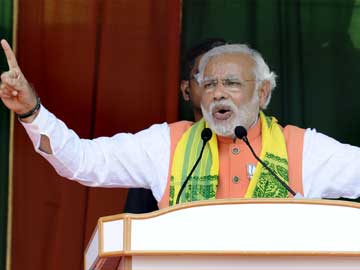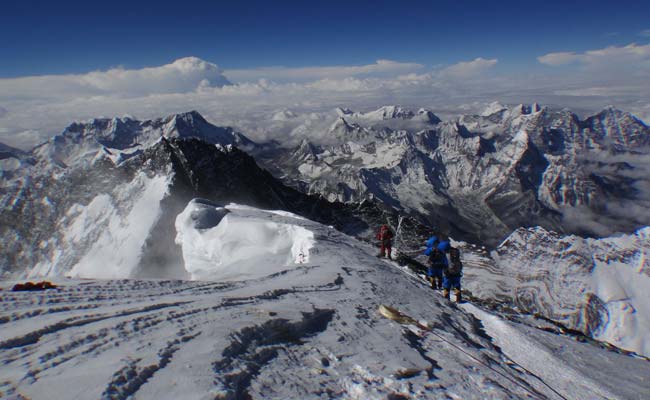30 apr 2014

Dr Siddharth Lakhotia arrested by police in BHU:a
http://timesofindia.indiatimes.com/city/varanasi/One-doctor-arrested-open-OPD-runs-at-IMS/articleshow/31523909.cms
India Severely Affected by Terrorism from Pakistan: US report

Washington: India remained severely affected by and vulnerable to terrorism from Pakistan-based groups and their affiliates as well as left-wing violent extremists, last year, according to a new US report.
In response, Government of India "continued to undertake efforts to coordinate its counter-terrorism capabilities more effectively", said the State Department Country Reports on Terrorism 2013 submitted to the US Congress Wednesday.
India also "expanded its cooperation and coordination with the international community and regional partners", said the annual report released by Tina Kaidanow, the state department's coordinator for counter-terrorism.
Describing South Asia as a frontline in the battle against terrorism, the report said: "Although Al Qaeda's (AQ) core in Afghanistan and Pakistan has been seriously degraded, their global leadership continued to operate from its safe haven in the region."
"AQ maintained ties with other terrorist organizations in the region, such as Tehrik-e Taliban Pakistan (TTP) and the Haqqani Network (HQN)," it said.
"These alliances continued to provide the group with additional resources and capabilities."
The report said while "Pakistani military undertook operations against groups that conducted attacks within Pakistan such as TTP, but did not take action against other groups such as Lashkar-e-Taeba (LeT)", held responsible for the November 2008 Mumbai terror attacks.
LeT, it said, "continued to operate, train, rally, and raise funds in Pakistan during the past year".
In 2013, Indian sources continued to attribute violence and deaths in Jammu and Kashmir to transnational terrorist groups that India alleges are backed by Pakistan, the report said.
"Continued allegations of violations of the Line of Control between India and Pakistan (the border along Jammu and Kashmir), Pakistan's failure to bring the perpetrators of the 2008 Mumbai attacks to justice, and activities of Pakistan-based terrorist groups remained serious concerns for the Indian government," it said.
"Afghan Taliban and HQN leadership and facilitation networks continued to find safe haven in Pakistan, and Pakistani authorities did not take significant military or law enforcement action against these groups," it said.
The report cited the National Consortium for the Study of Terrorism and Responses to Terrorism (START), to say that about 400 people were killed as a result of terrorist attacks in India in 2013.
"This figure is somewhat higher than in 2012, demonstrating that India remains subject to violent terrorist attacks and continued to be one of the most persistently targeted countries by transnational and domestic terrorist groups."
The US and India maintained counter-terrorism capacity building efforts and cooperation, the report said.
-------------------------------------------------------------------------------------------------------------------
Dr Siddharth Lakhotia arrested by police in BHU:a
http://timesofindia.indiatimes.com/city/varanasi/One-doctor-arrested-open-OPD-runs-at-IMS/articleshow/31523909.cms
 Former fast bowler Javagal Srinath on Tuesday lauded Virat Kohli for creating a place for himself in Indian cricket.
Former fast bowler Javagal Srinath on Tuesday lauded Virat Kohli for creating a place for himself in Indian cricket.
